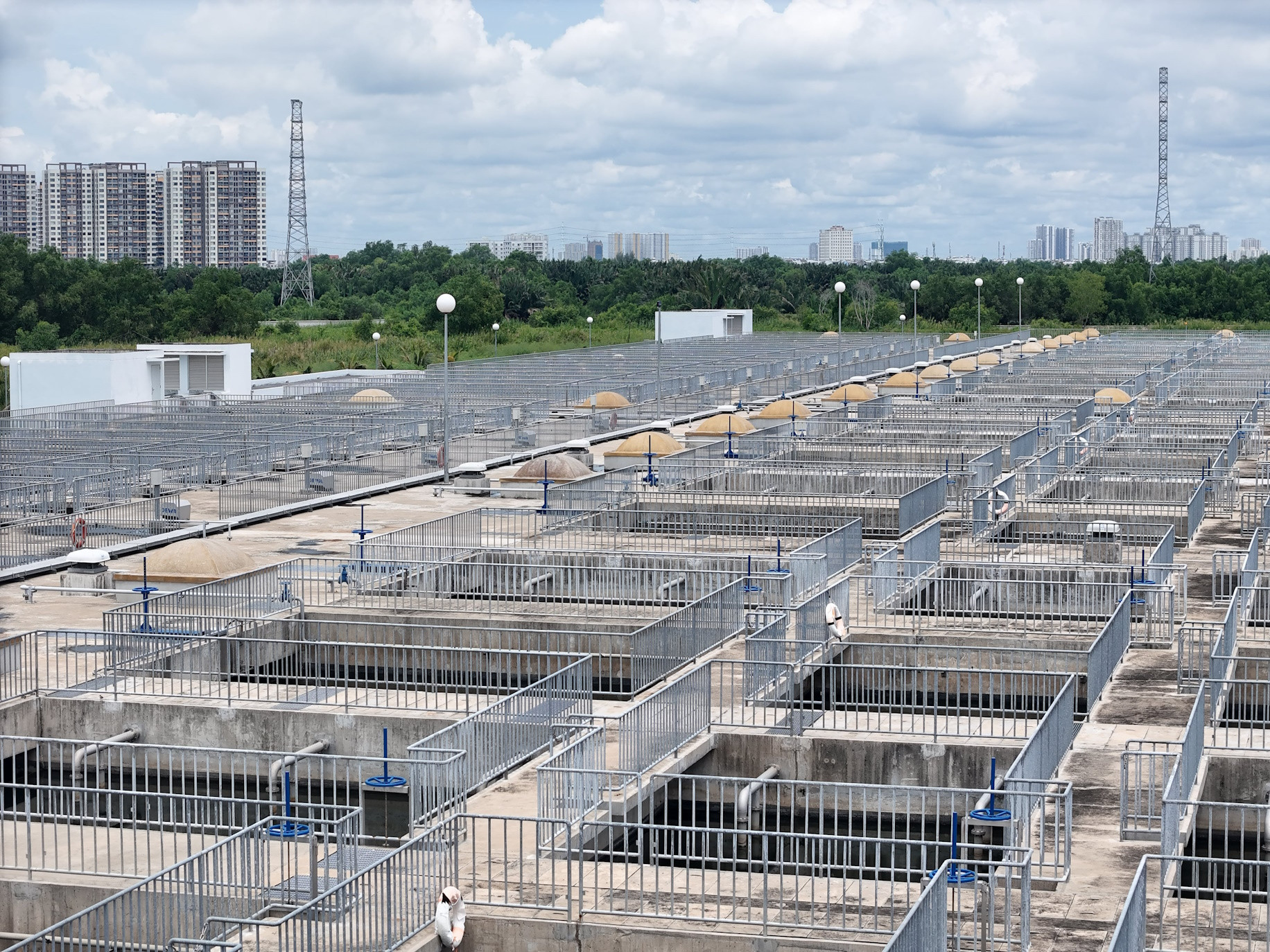
On August 28, Luong Minh Phuc, Director of the Ho Chi Minh City Traffic Construction Investment Project Management Board, announced the nearing completion of the city's environmental improvement project focused on the Tau Hu – Ben Nghe – Doi – Te Canal Basin. The project is now finalizing handover procedures and is scheduled to be fully operational by August 30.
Initially approved by the Prime Minister in 2005 and launched in 2010, the project was expected to be completed within four years but faced multiple delays.
With a total investment of VND 11.3 trillion (over $470 million), the project is funded by VND 9.85 trillion in Official Development Assistance (ODA) and VND 1.45 trillion from the city's budget.
The project encompasses two consulting packages (design andsupervision) and six construction packages.
The project serves an area of 2,530 hectares across eight districts in Ho Chi Minh City: Districts 4, 5, 6, 7, 8, 10, 11, and Binh Chanh District, covering a population of approximately 1.8 million people.
The primary goals of the project include completing a comprehensive stormwater drainage system to address flooding in the affected areas, dredging and rehabilitating the Tau Hu Canal, Ngang Canals 1, 2, and 3, and part of the Hàng Bàng Canal.
It also aims to collect and treat wastewater in the basin while expanding the capacity of the Binh Hung pumping station and wastewater treatment plant from 141,000 m³/day (Phase 1) to 469,000 m³/day (Phase 2).
Additionally, the project is designed to revitalize urban areas, restore the water surface along parts of the Hang Bang Canal, protect the environment, and improve the quality of life for local residents.
Phuc emphasized that after nearly 20 years, the project has successfully transformed what was once a swampy area into a modern wastewater treatment facility, boasting the largest treatment capacity in the country at 469,000 m³/day.
Looking ahead, the city is already planning Phase 3 of the project, which will focus on increasing the capacity of the Binh Hung treatment plant to 512,000 m³/day to handle the wastewater from the Kênh Tẻ area in District 7.
Phase 3, with an investment of over VND 9.8 trillion, will cover an area of 1,600 hectares in District 7, District 8, and Nhà Bè District, serving a population of about 900,000 people.
Upon full completion, the three phases of the project will ensure the comprehensive collection and treatment of all domestic wastewater in the Tau Hu - Ben Nghe - Doi - Te Canal Basin.
This will restore the green landscape of these canals, significantly improve flood prevention, enhance urban aesthetics, and elevate the quality of life for approximately 3.4 million residents in the eight districts.
Tuan Kiet